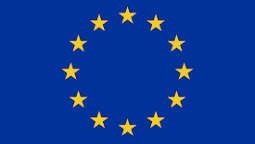A broad coalition of businesses, charities and community organisations has come together to urge the UK government to abolish VAT on repaired and refurbished electronics, arguing that such a measure would significantly reduce waste, lower costs for consumers, and strengthen Britain’s circular economy. In a letter addressed to the new environment secretary, Steve Reed, 25 groups including Currys, Back Market, Suez, the Restart Project, and a network of repair cafés, pressed for the removal of the current 20% VAT rate applied to professionally refurbished or repaired technology sold by businesses. At present, these items are taxed at the same rate as brand-new electronics, which campaigners say discourages more sustainable purchasing choices.
Supporters of the proposed change contend that reducing VAT would make repaired and refurbished devices more affordable and accessible, encouraging more people to opt for pre-owned alternatives. This, they argue, would help households save money while reducing the UK’s mounting electronic waste problem. The group also highlights the wider benefits for the economy, predicting that growth in the reuse and repair sector could create tens of thousands of skilled jobs over the next 15 years. Figures suggest that by 2035, the sector could support 31,000 new posts, rising to over 80,000 by 2040, across a range of roles from retail and logistics to electronics repair.
The call for reform comes as the new Labour government has set out ambitions for a greener, more resilient economy. However, campaigners stress that concrete policy changes are needed if these goals are to be achieved. While the Treasury has reiterated its commitment to reducing waste and is developing a strategy to promote reuse and recycling, it has stopped short of committing to any immediate tax changes, stating that such decisions are made at fiscal events. With the upcoming Autumn Statement on the horizon, campaigners are hopeful that ministers will seize what they describe as a “low-cost, high-impact” opportunity to support sustainable consumption and meaningful job creation.


 Europe
Europe








